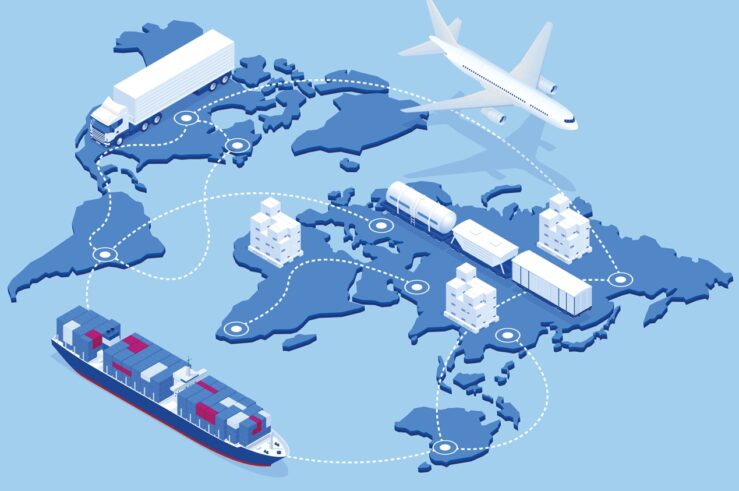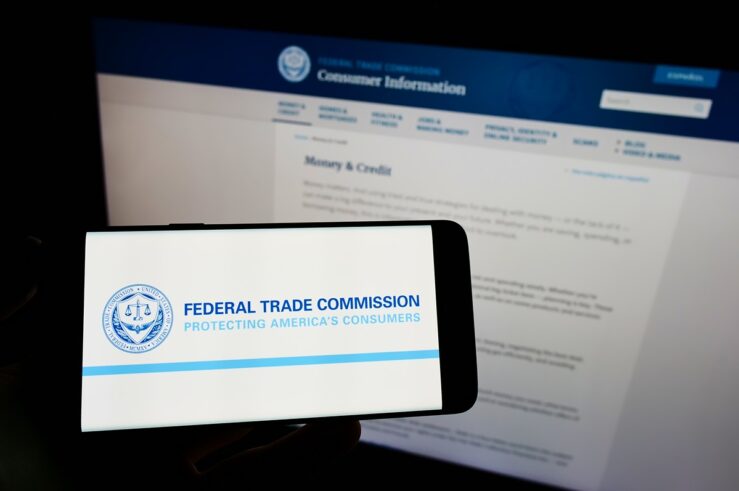Economists are all quite familiar with the “holdup problem,” i.e. one contracting partner exploiting the other after asset specific investments have been made. One classic law school textbook example is Alaska Packers v. Domenico in which the Alaska Packers’ Association hired Domenico for the salmon season for $50 plus 2 cents per salmon caught, but after leaving the dock and arriving in Alaskan waters for the short salmon season, the workers demanded an increase in their pay. The defendant agreed, but upon return to San Francisco, refused to pay. The seaman sued and lost on the theory that the exchange did not involve fresh consideration. This, Judge Posner has argued, was the right economic result on the grounds that it discourages holdup. Many of our readers will also be familiar with the famous Fisher Body / GM example of vertical integration solving the holdup problem, and the subsequent debate between Benjamin Klein and Ronald Coase over that particular example.
Now comes another example of the holdup problem at work. In fact, it is difficult to imagine a better example. Apparently, half way through a flight from India to Birmingham, England, an airline took advantage of the asset specific investments made by its passengers to alter the terms of the deal:
Passengers aboard two chartered jetliners from India to Britain were hit up for about $200 each, in cash, to continue their trip this week in what one flier compared to a hostage situation. The charter company, Austria-based Comtel Air, and the Spanish company that owns the planes pointed fingers at each other over the situation Thursday. But Lal Dadrah, a passenger on one of the flights who recorded the crew passing the hat, called the situation “a complete, utter sham.”
Comtel Air passengers on a Tuesday flight to Birmingham, England, from the Indian city of Amritsar were hit up for 130 pounds — about $200 each — during a layover in Vienna. They were allowed off the aircraft to take the money from teller machines, a process that took about seven hours. There were varying accounts of what the money was to pay for, ranging from fuel to fees.
The NY Times story provides a few more details:
Britain’s Channel 4 news broadcast video showing a Comtel cabin crew member telling passengers: “We need some money to pay the fuel, to pay the airport, to pay everything we need. If you want to go to Birmingham, you have to pay.”
Some passengers said they were sent off the plane to cash machines in Vienna to raise the money.
“We all got together, took our money out of purses — 130 pounds ($205),” said Reena Rindi, who was aboard with her daughter. “Children under two went free, my little one went free because she’s under two. If we didn’t have the money, they were making us go one by one outside, in Vienna, to get the cash out.”
The economics don’t stop there. There is potential for an agency problem as well:
Bhupinder Kandra, the airline’s majority shareholder, told the Associated Press from Vienna that travel agents had taken the passengers’ money before the planes left but had not passed it on to the airline. “This is not my problem,” he said. “The problem is with the agents.”
A great example for the classroom.




